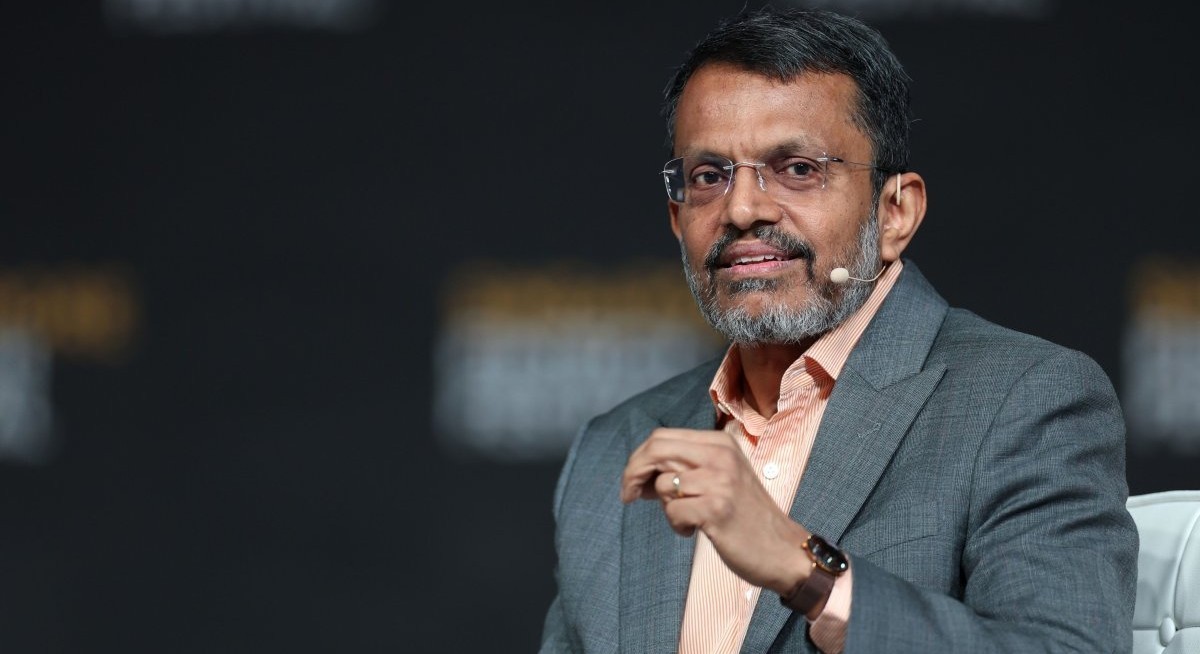He noted that while the banking sector is “pretty decent” due to reforms over the last 10 years, he believes the sector is not performing its role within the economy “quite as well”. Still, he believes it is unlikely to be the source of the next crisis.
Outside of the banking sector, however, the landscape is “very heterogeneous” with some sectors doing well and others that require “close watching”.
However, there is always a fear that once sectors become too tightly regulated to address a problem, such risks will find a way out to fill other places. “So you got to keep tracking that and you have to make sure that the risk goes to places where the people who are going to bear it, can actually sustain it.”
Private markets ‘not for the faint-hearted’
See also: Trump says Rubio in talks with Cuba as it faces economic crisis
When asked whether investors should have more access to private markets, especially as public markets may no longer serve the interests of long-term investors, Menon says the industry must re-evaluate whether each of the regulations that are in place for public markets are worth their cost.
He stressed that private markets are “not for the faint-hearted” and that better collective investment schemes will be needed for retail investors to participate. He also noted the irony of retail investors investing in single securities in the equities or fixed income markets with no restrictions given that those are “highly risky”.
Ultimately, diversification remains key. Should there be products coming out of the private equity and the private credit market that are collective in nature and have a balanced risk return structure, then private and retail investors are able to take part in those opportunities.
See also: Indian stocks face fresh pressure after central bank action
Education gap
To Mark Rowan, CEO of Apollo Global Management, opportunities such as collective investment schemes that offer balanced risk rewards, are already present, but what is lacking is education.
“What we have is a knowledge gap in the financial press and the regulatory press,” he says.
“We think nothing of having investors buy stocks and bonds, but the regulatory mindset, because of the word credit and the association with banking, does not fit for investments that go up and down every day,” he adds.
To Menon, credit, or lending itself, is not where the risk lies. Instead, the industry should focus on its backing.
“The way to look at it is, is this a deposit taking institution? If it's a deposit taking institution, like a bank, then when it lends, I think regulators need to watch over it like a hawk. Then you have capital rules, liquidity rules, because the cost of poor lending would be insolvency and loss of deposits, and that's something nobody wants to see,” he says.
However, it’s a different proposition if the source of funding doesn’t come from retail deposits but from the capital markets or somewhere else. “I think that distinction needs to be made sharper, and that's one way in which risk is then treated appropriately across the two spheres.”




